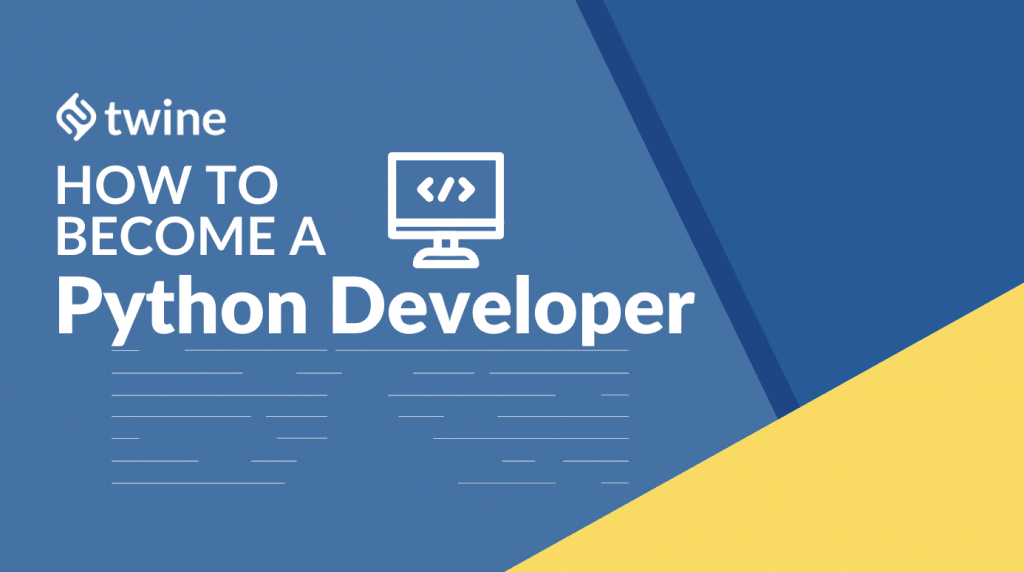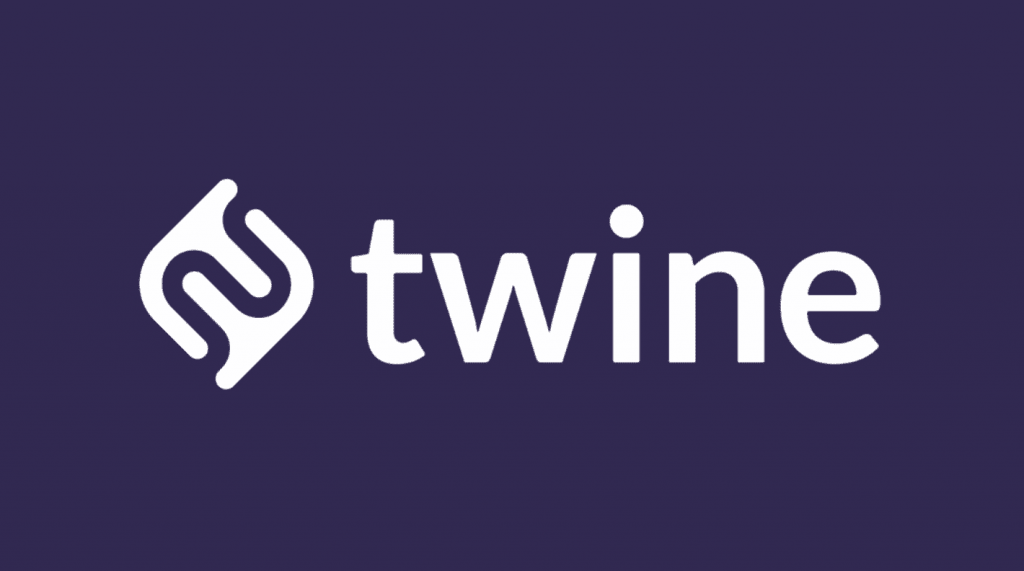
Becoming a Python developer can be a lucrative professional step to take.
In today’s IT industry, developers proficient in Python are among the most sought-after coding experts, so it makes sense to consider becoming a Python developer.
But, where to start? Here are some top tips on how to become a Python developer.
Get reading!
Whether you are already somewhat experienced in Python, there is always something new to learn.
An easy way to continuously improve your body of knowledge is to read multiple books on the subject. Some of the most popular Python books include:
- Effective Python – by Brett Slatkin
- Automate the boring stuff with Python – by Al Sweigart
- Fluent Python – by Luciano Ramalho
- Python Cookbook – by David Beazley
GitHub repository

Your GitHub repository can also act as a resume for interviewing purposes.
Potential employers can view it on the developer platform, instead of accessing separate files to consider samples of your work.
The more work you have on there, the better! So, add any practice work and Python projects to it – no matter the simplicity.
Readable code

The notion of writing readable code may seem obvious, but it is essential, so worth highlighting.
When recruiters view your code on GitHub, they must be able to understand what you have done easily. Otherwise, it could cost you the position.
To write readable code, you want to work to a variety of available guidelines – recommendations suggest using:
- Maximum line lengths
- Indentations
- Line breaks
- Tabs and spaces
- Blank lines
- String quotes
- Source file encoding
- Trailing commas
- White spaces in expressions
- Naming conventions
Other developers

One of the most effective ways to develop your coding style is to learn from others.
There are many other Python developers on GitHub who have honed their own unique coding styles. While you’re reaching out and broadening your network, research other codes within your current skill level. This will help you better understand what’s out there, and figure out which style you want to progress in.
The most popular developers on GitHub include Doug Hellmann, Armin Ronacher, Daniel Roy Greenfeld, and Kenneth Reitz.
Professional documentation
Creating comprehensive, professionally laid-out documentation truly enhances the readability of your code.
The experts at pythoncentral.io state that you should always include a README file, containing introductory information regarding the project. This includes the purpose of the project, which libraries you have used, etc.
README files are also helpful for readers who want to implement it differently, or, simply learn from the code!
Python libraries

In addition to reading up on the subject, it is essential to understand exactly how to work with the most common Python libraries.
Understanding the workings of multiple libraries will not only enhance your Python skillset – and experience – but will also keep you competitive.
Some of the most important Python libraries to research include:
If the thought of mastering all of these seems a little overwhelming, don’t fret! You can still make considerable progress by focusing on two or three and gaining a comprehensive understanding of those.
From there, you can create some sample projects. These projects will be based upon what you have learned from your chosen libraries, which you can then upload to GitHub.
Doing this will enhance your GitHub repository, and allow you to retain the information you have learned, by putting it into practice.
AI and Machine Learning
Practice makes perfect. Some of the most vital Python applications need an understanding of Artificial Intelligence (AI) and Machine Learning.
You must practice how to apply the various algorithms commonly used: usually, these are Linear Regression, K Means Clustering, and Neural Networks.
Freelancing

If you are serious about wanting to become a Python developer, it’s not enough to practice writing code; you need to get some experience under your belt.
Through a variety of paid opportunities both big and small, it’s crucial to have some completed projects in your GitHub repository for potential employers to see.
Freelancing sites commonly used by many developers – pythons, and the like – include:
More projects
By making open source contributions to other developers’ projects, you demonstrate your willingness to work as a team.
When you’re a developer, you’ll often be paired with others through in-house work, so being willing and easy-going shows you can add value in a group setting. Here are a few open-source projects to get you started:
Consistency

Coding is essentially learning a whole new language – if you don’t put it to use, you will lose it in the end. Ensure you remain adaptive, sharp, and competitive as a Python developer, and be consistent with your coding practice.
Also, make sure your profile and online presence remain up to date!
As a web developer, your information and experience level are the key to acquiring new roles. If they aren’t kept up-to-date on the job portals you feature on, clients may think you aren’t right for the job.
Final thoughts
So long as you diligently follow these steps, you should have no problem becoming a fully-fledged Python developer. Practice daily, regularly invest in upskilling, and keep your repository organized and professional.
The right position will come along before you know it. Good luck!
Ready to get hired? At Twine, we have dozens of top-quality jobs being posted each and every day. From design to marketing, development to copywriting – there’s a job ready for your skills. Join the marketplace of diverse creative talent here.



